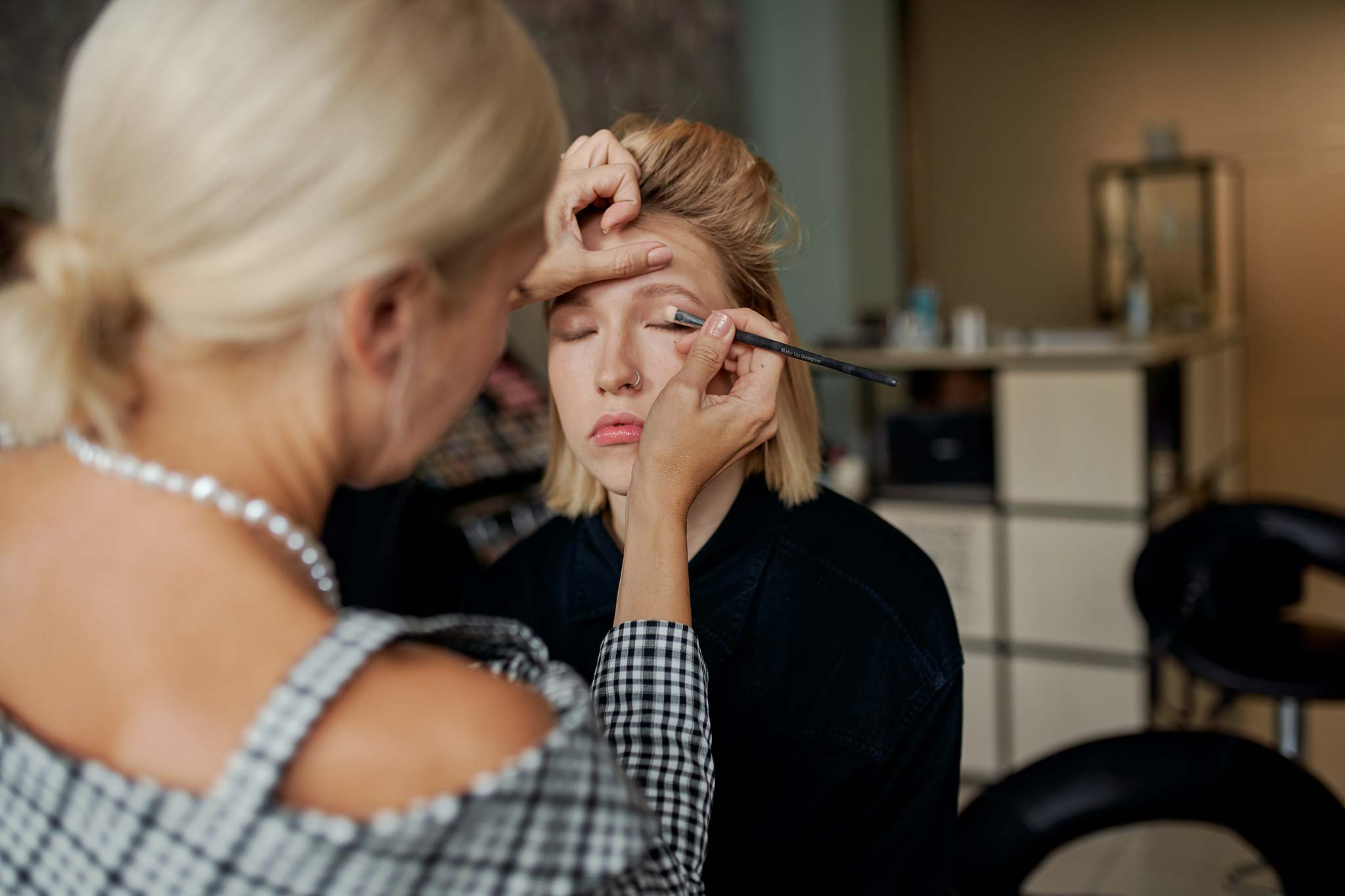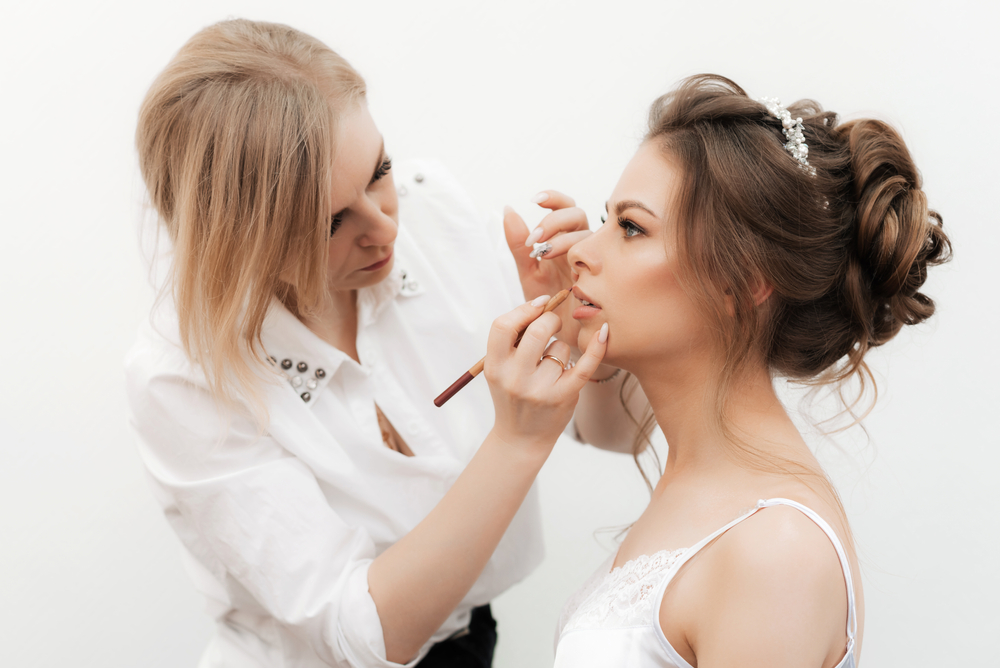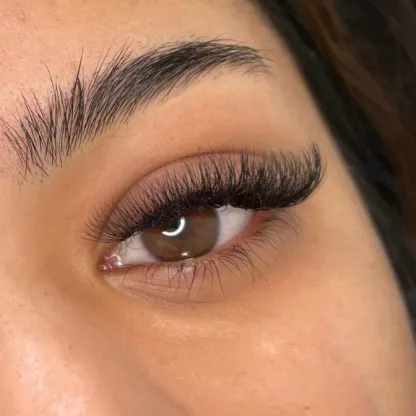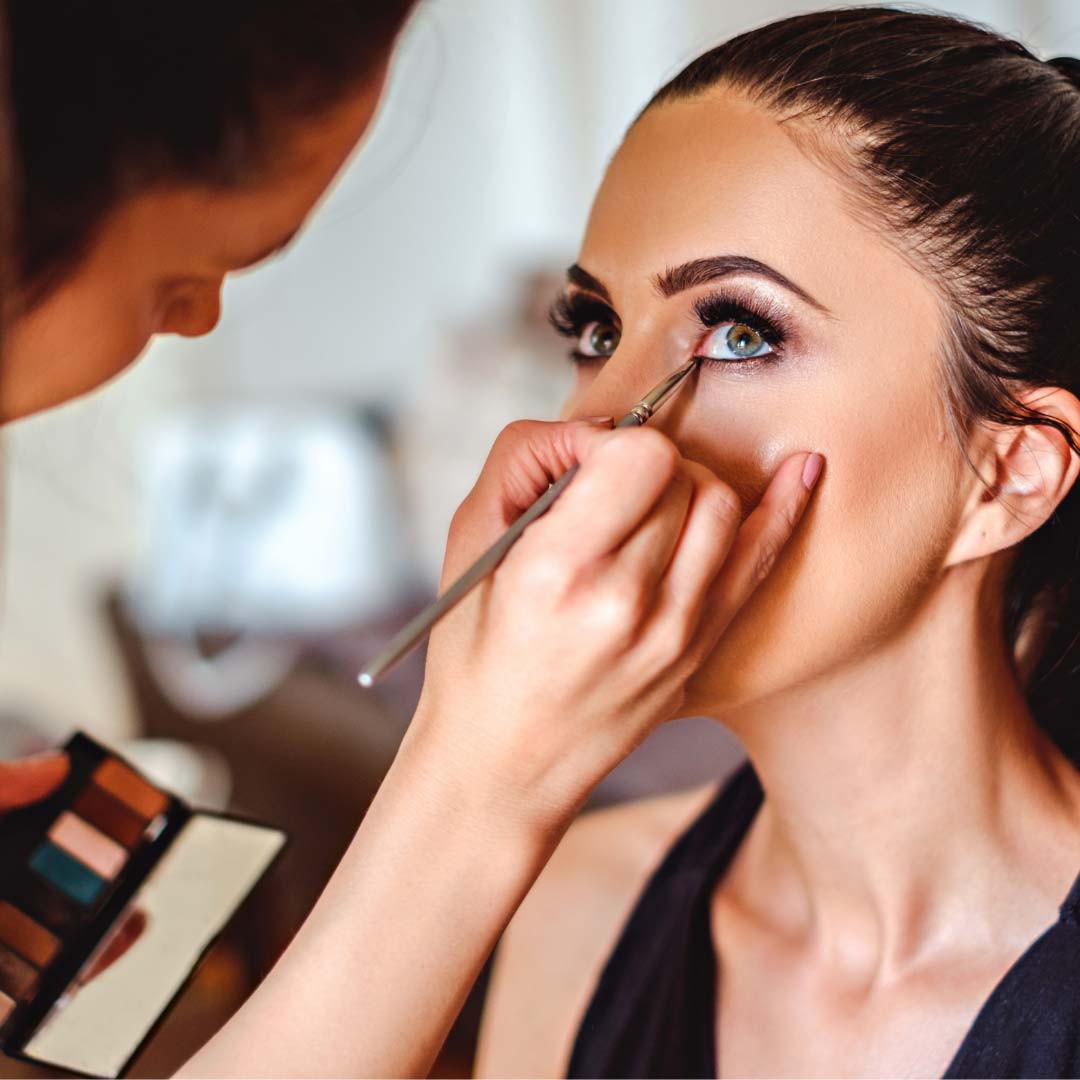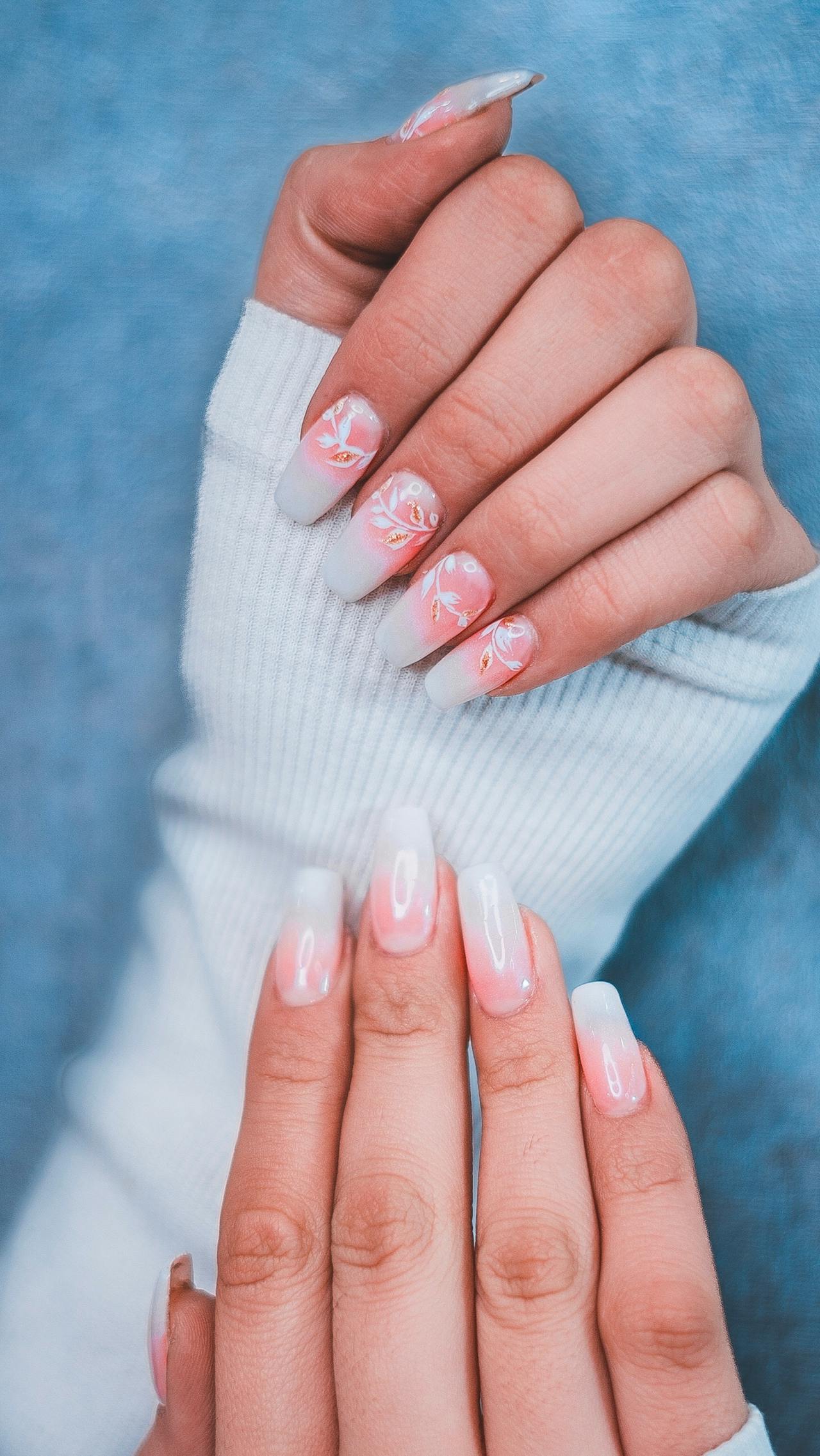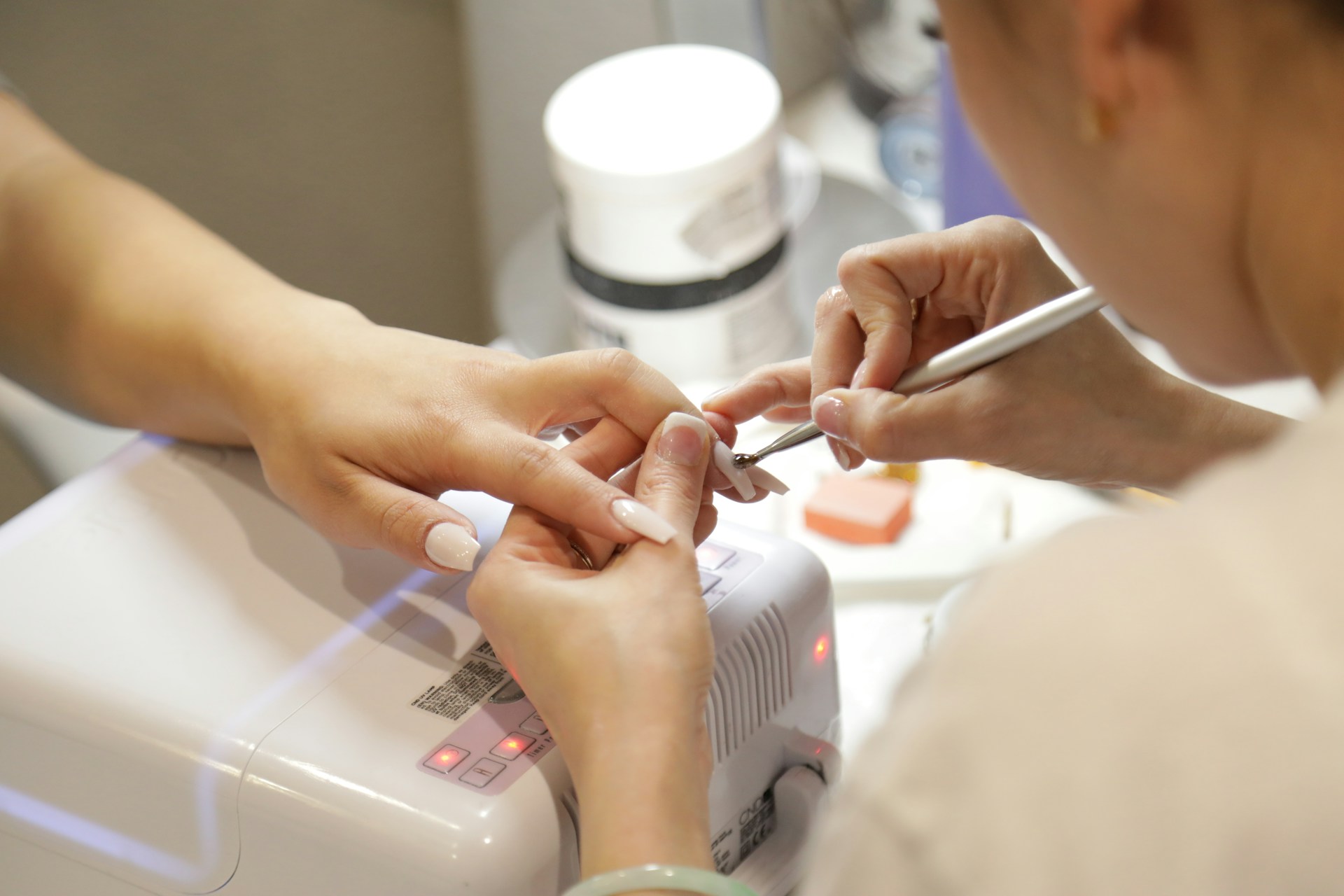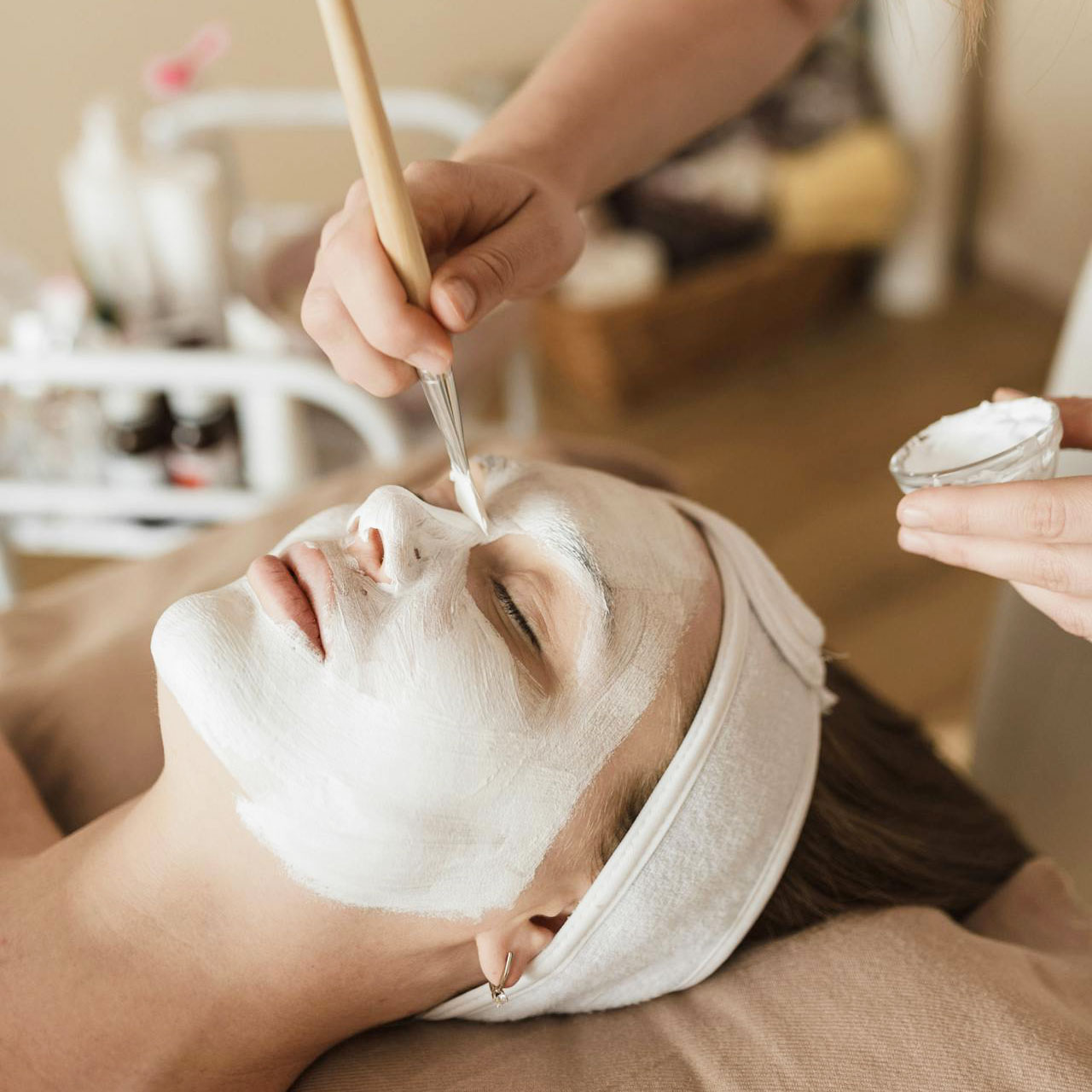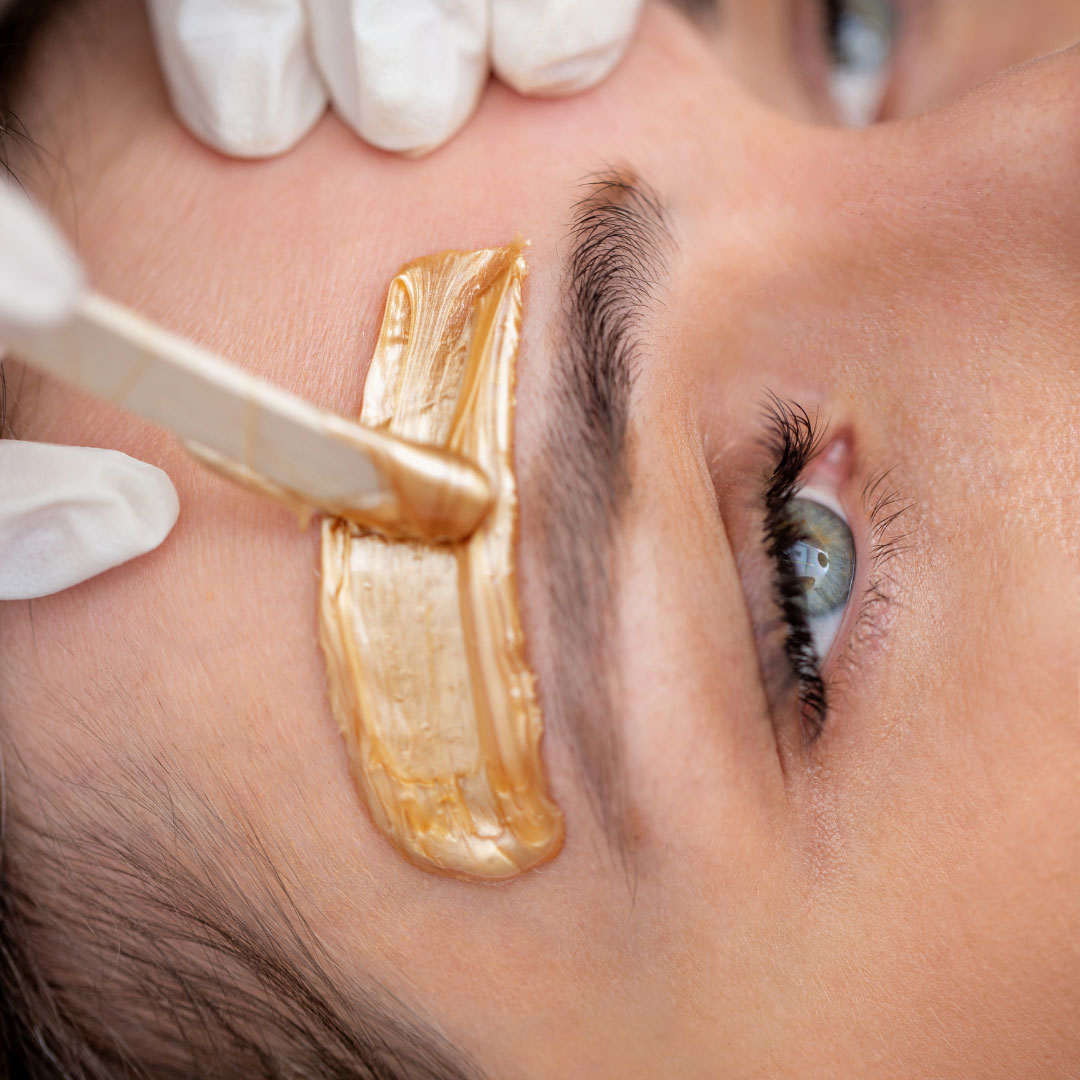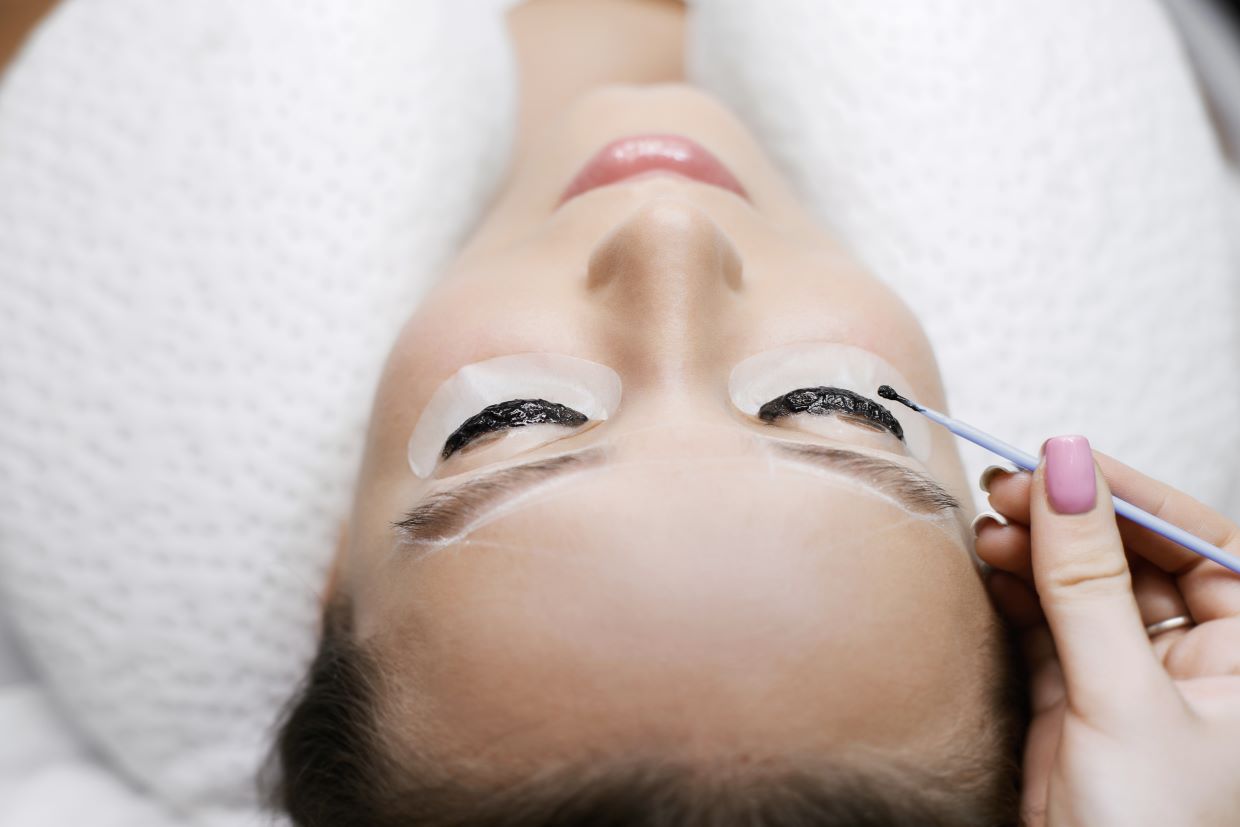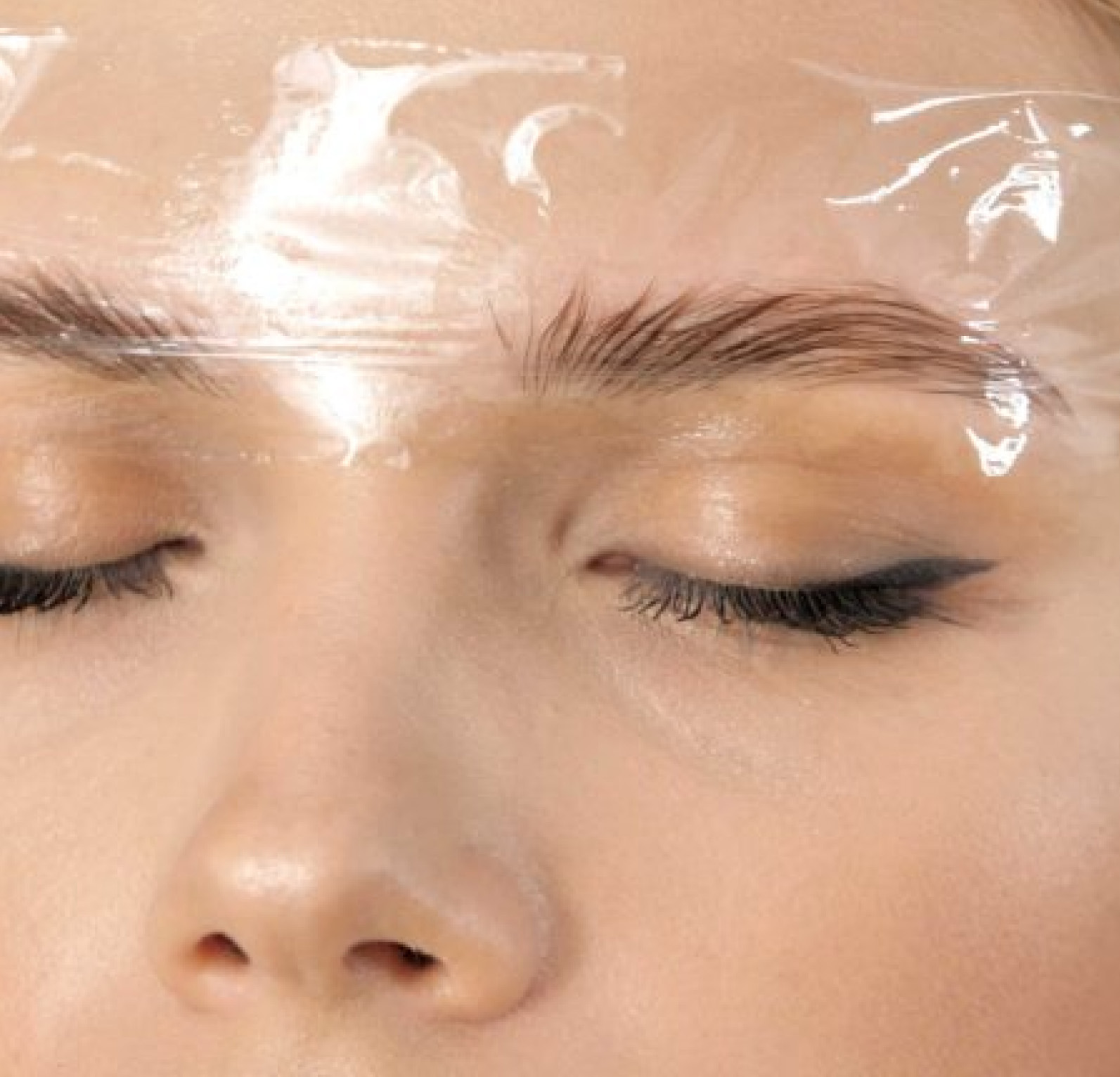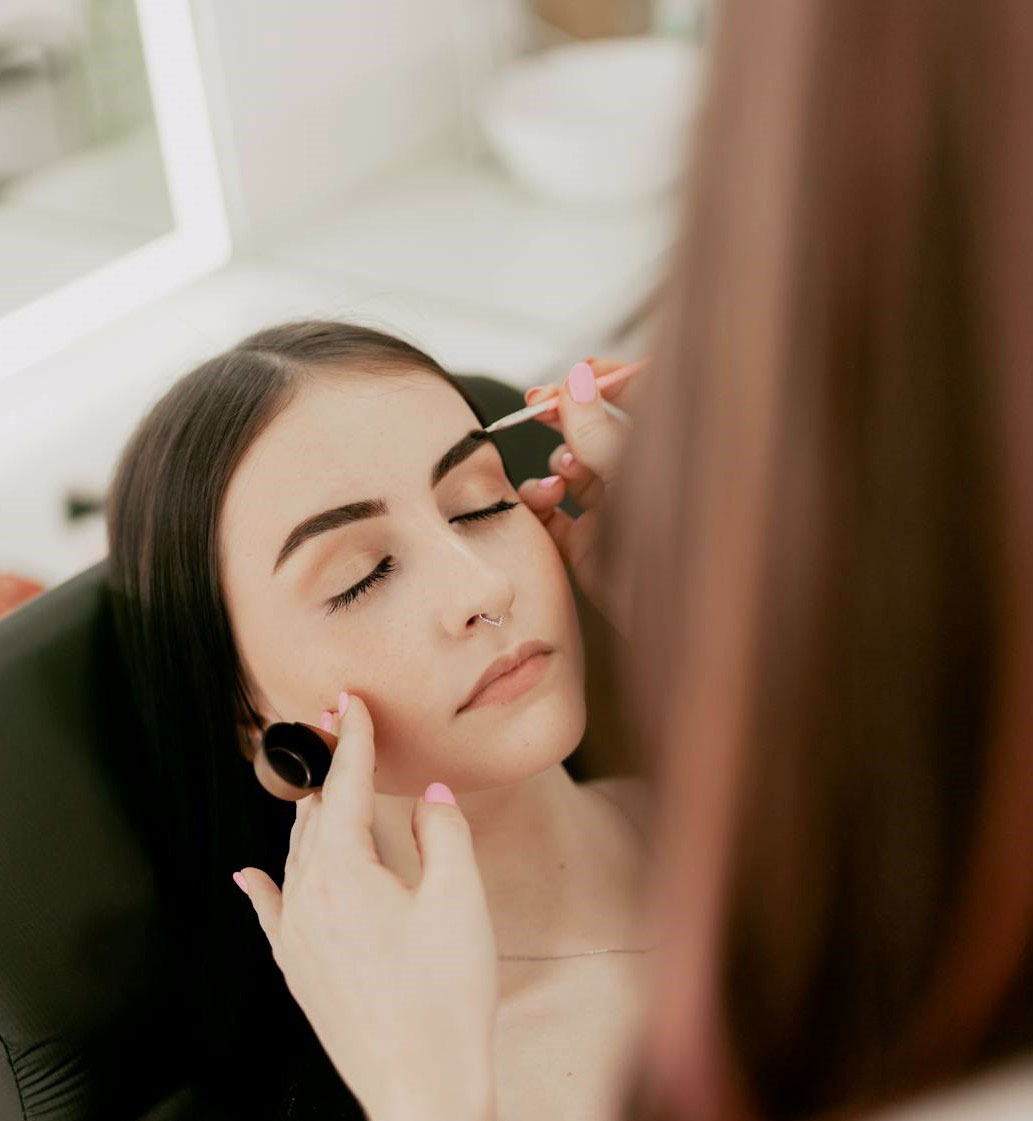Core Business Setup
| Action | Details for UK Beauty Professionals |
|---|---|
| Business Structure | Most start as a Sole Trader (simplest setup). |
| Registration | Register as self-employed with HMRC (HM Revenue & Customs) within 3 months of starting. |
| Tax Requirements | Must register for Self Assessment to pay Income Tax and National Insurance. |
| VAT Threshold | Mandatory VAT registration if annual turnover exceeds £85,000. |
| Crucial Insurance | 1. Public Liability Insurance (protects against client injury/reaction). 2. Professional Indemnity Insurance (covers claims of negligence/poor service). |
| Estimated Cost | Expect to pay £200–£500 annually for comprehensive coverage. |
Financial Planning & Launch Investment
Q: What is the initial investment for a mobile beauty business in the UK?
Most mobile beauty businesses require an initial investment of £1,500–£4,000 for essential equipment, beyond what your training kit included.
- Pricing Strategy: Research local competitors and set prices based on fair compensation for your training.
- Initial Pricing: Offer introductory pricing for the first 10-20 clients in exchange for reviews and portfolio images.
- Forecasting: Calculate the minimum number of weekly appointments needed to cover expenses (e.g., Target £2,500/month @ £60/service = 10 appointments/week).
Essential Equipment Checklist
- Professional-grade carrying case for portability.
- Portable reclining chair (for lashes) or folding table (for nails/massage).
- Mid-range professional product lines (prioritize quality over quantity).
- Trade accounts with suppliers for professional discounts.
Client Acquisition Strategy (First 30 Days)
Q: How do I find my first clients after finishing a beauty course?
Focus on your immediate network and hyper-local marketing to secure your first bookings:
- Personal Network: Offer steeply discounted services to friends and family in exchange for testimonials and social media shares.
- Social Media Portfolio: Create dedicated business accounts (Instagram/Facebook) and post high-quality before-and-after photos (your most powerful content).
- Local Groups: Join local community Facebook groups (“buy and sell” or “local services”) and professionally introduce your launch specials.
- Online Presence: Set up your Google Business Profile (essential for local ranking) and a simple website (Wix/Squarespace). Consider a small business digital marketing course to really grow your digital capabilities.
- Online Booking: Implement an online booking system (e.g., Fresha or Square Appointments) to streamline scheduling and reduce no-shows.
Sustainable Growth & Professionalism
Q: What systems are essential for a thriving mobile beauty business?
To scale your business and prevent common issues, you must establish clear professional systems:
- Documentation: Develop client intake forms (history/allergies) and clear aftercare instructions for every service.
- Policy: Establish strict policies for cancellations, late arrivals, and payment methods to prevent misunderstandings.
- Retention: Use your booking system to encourage rebooking before the client leaves. Implement loyalty rewards for repeat customers.
- Marketing Focus: Shift social media focus to visual testimonials (before-and-afters) and implement a referral program offering discounts for successful new client introductions.

Let’s dive deeper into how to start a Beauty business in the UK.
Graduating from your online beauty course marks the beginning of an exciting entrepreneurial journey. The technical skills you’ve mastered are just one piece of building a thriving beauty business. This comprehensive guide walks you through every practical step from certification to your first fully-booked week, transforming your education into income.
Legal Foundations: Setting Up Your UK Beauty Business
Business registration forms your legal foundation. In the UK, you’ll need to decide on your business structure. Most beauty professionals start as sole traders, the simplest and most cost-effective option. Register as self-employed with HMRC (HM Revenue & Customs) within three months of starting your business. This online registration is free and straightforward.
You’ll need to register for Self Assessment to pay Income Tax and National Insurance. If your annual turnover exceeds £85,000, you must also register for VAT. Even below this threshold, voluntary VAT registration can be beneficial as it allows you to reclaim VAT on business expenses. The gov.uk website provides comprehensive resources for self-employed beauty professionals navigating business taxes.
Insurance is non-negotiable for beauty professionals. Public liability insurance protects you if a client experiences an adverse reaction or injury. Professional indemnity insurance covers you against claims of negligence or poor service. Expect to pay £200-£500 annually for comprehensive coverage through providers specializing in beauty therapists. Don’t skip this step – one lawsuit could destroy your business and personal finances.
Financial Planning and Investment Strategy
Your online beauty course equipped you with skills; now you need strategic financial planning. Start with a realistic budget covering initial equipment investment, ongoing product costs, marketing expenses, and living expenses during your launch phase. Most mobile beauty businesses can launch with £1,500-£4,000 in equipment beyond what your course provided.
Create a detailed pricing structure based on your local market research. Check competitor pricing in your area using Google searches, Instagram profiles, and local Facebook groups. Don’t automatically undercut established professionals – you’ve invested in quality education and deserve fair compensation. Consider introductory pricing for your first 20 clients to build reviews and portfolio, then increase to market rates.
Revenue forecasting helps maintain motivation during slow initial weeks. Calculate how many weekly appointments you need to cover expenses and reach income goals. If your target is £2,500 monthly and average service generates £60, you need 42 appointments monthly or 10 weekly. This clarity transforms vague goals into actionable daily targets.

Equipment and Product Investment
Your online beauty course likely included a starter kit, but professional practice requires additional investment. Prioritize quality over quantity – better to have five excellent brushes than twenty mediocre ones. Research professional-grade suppliers in the UK, comparing prices and reading reviews from working beauty professionals.
Mobile service providers need reliable transportation and portable equipment. Invest in a professional carrying case that protects your tools while presenting a polished image. Consider a portable reclining chair for lash services or a folding table for nail treatments. These investments typically cost £150-£600 but dramatically improve client comfort and your professional appearance.
Product selection requires balancing quality and budget. Start with mid-range professional products rather than either luxury or drugstore options. As your business grows and client base expands, gradually upgrade to premium products. Many suppliers offer professional discounts – always ask about trade pricing and bulk purchase savings.
Finding Your First 10 Clients
Your initial clients come primarily from personal networks and strategic social media use. Start by offering discounted services to friends and family in exchange for honest feedback, testimonials, and social media posts. These first clients become your marketing team, sharing their experience with their networks.
Instagram and Facebook serve as your primary marketing platforms. Create business accounts showcasing your work through high-quality photos and videos. Your online beauty course should have taught photography basics – use them. Post consistently (at least 3-4 times weekly), engage with local beauty accounts, and use relevant hashtags to increase visibility.
Local community groups offer targeted marketing opportunities. Join neighbourhood Facebook groups and introduce your services professionally. Many communities have “buy and sell” or “local services” groups where beauty professionals are welcome. Offer special launch pricing or gift certificate giveaways to generate initial interest and bookings.

Creating Your Professional Online Presence
A professional online presence establishes credibility and makes booking convenient for clients. Start with a simple website using platforms like Squarespace or Wix (both under £20 monthly). Include your services, pricing, booking information, and portfolio photos. Google Business Profile (free) is essential – most local clients find beauty professionals through Google searches.
Online booking systems streamline your scheduling and reduce administrative work. Services like Square Appointments or Fresha offer free or low-cost booking platforms. Clients can view available times and book instantly, reducing the back-and-forth of scheduling via text or email. These systems also send automatic reminders, reducing no-shows.
Review management becomes crucial for business growth. Encourage satisfied clients to leave Google and Facebook reviews. These reviews directly impact your search ranking and attract new clients. Don’t be shy about asking – most happy clients are willing to help your business with a quick review.
Building Systems for Sustainable Growth
Professional systems separate struggling businesses from thriving ones. Develop client intake forms covering medical history, allergies, and service preferences. Create aftercare instructions for each service type. Establish clear policies on cancellations, late arrivals, and payment methods. These systems prevent misunderstandings and position you as a serious professional.
Time management determines your income potential. Block your schedule strategically, grouping appointments to minimize travel time for mobile services or maximize daily client volume for studio work. Include buffer time between appointments for cleanup, note-taking, and preparation. Booking software helps visualize and optimize your schedule.
Client retention strategies ensure sustainable income. Implement a booking system that encourages rebooking before clients leave. Offer loyalty rewards for regular clients. Send birthday or holiday greetings with special offers. These relationship-building techniques transform one-time clients into regular customers providing stable income.
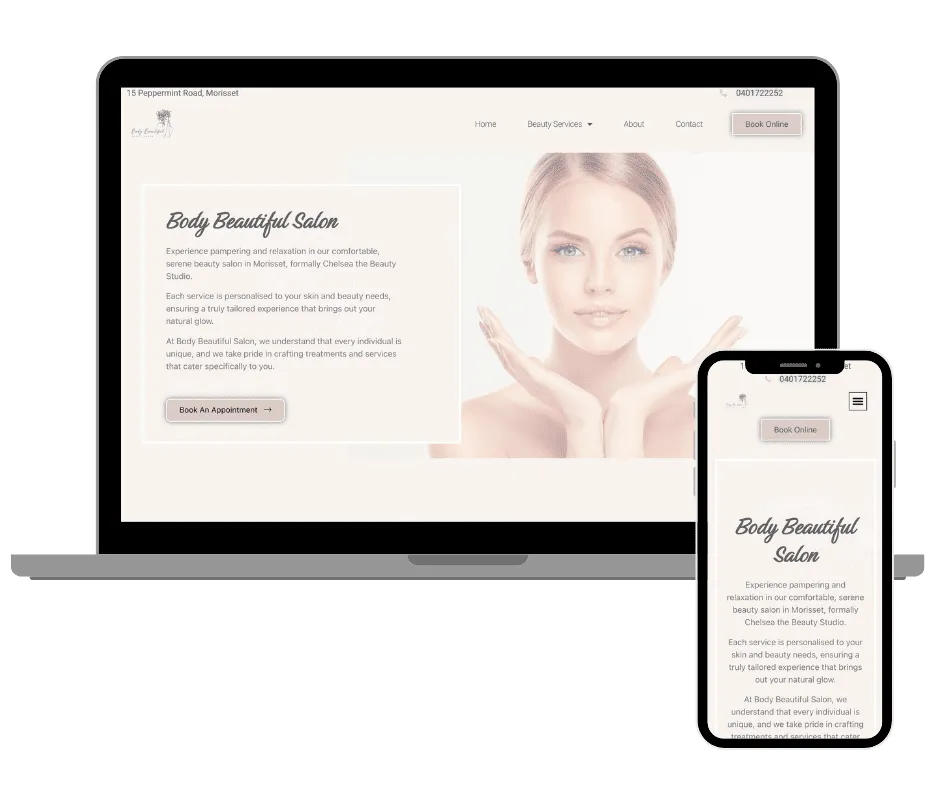
Marketing Your Beauty Business Effectively
Social media marketing deserves consistent attention and strategy. Your online beauty course may have covered basic social media, but business marketing requires deeper knowledge. Study successful beauty professionals in your area – what content do they post? How do they engage followers? Adapt successful strategies to your unique style and brand.
Before-and-after photos form your most powerful marketing content. Always obtain written permission before posting client photos. Showcase transformations highlighting your skills and the results clients can expect. These visual testimonials attract new clients more effectively than any written advertisement.
Referral programs turn satisfied clients into active promoters. Offer discounts or free services for successful referrals. Most clients are happy to recommend excellent service providers to friends, and tangible incentives increase this behaviour. Track referrals carefully and always honour promised rewards promptly.
Overcoming Initial Challenges
Every new business faces challenges, and beauty services are no exception. Slow initial booking periods are normal – don’t panic. Use downtime productively: perfect your techniques on practice materials, create social media content, research advanced training opportunities, and refine your business systems.
Difficult clients will appear occasionally. Maintain professionalism even when frustrated. Clear communication prevents most issues – confirm appointments, explain processes thoroughly, and set appropriate expectations. When problems occur, prioritize resolution over being “right.” Your reputation depends on how you handle challenges.
Imposter syndrome affects many new beauty professionals after completing their online beauty course. Remember that everyone starts somewhere, and your education provided solid foundations. Confidence builds with experience – each successful appointment strengthens your skills and self-assurance. Seek mentorship from established professionals who remember their early career days.
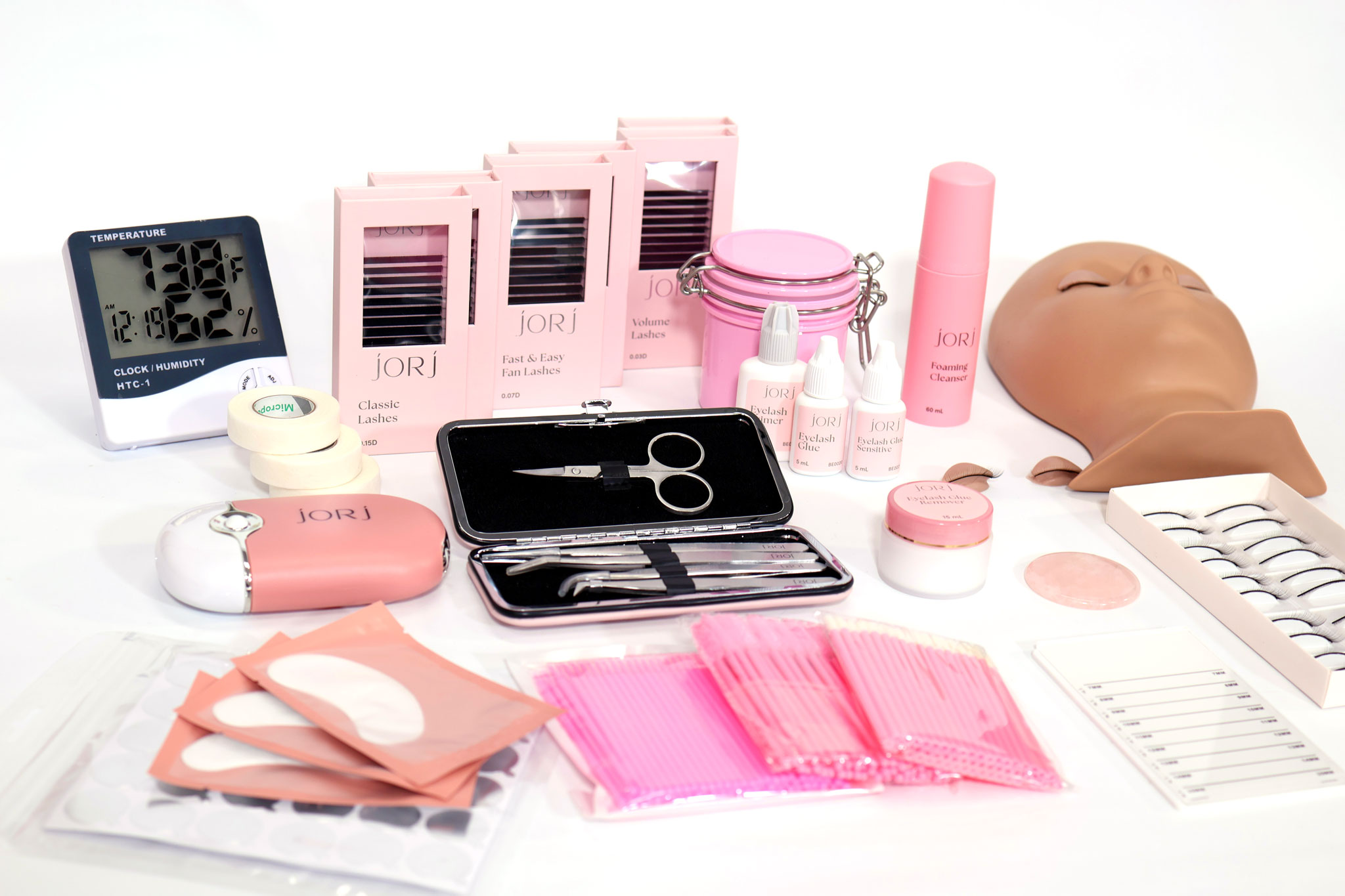
Your Action Plan for the First 30 Days
Week one focuses on administrative foundations. Complete all business registrations with HMRC, obtain necessary insurance, and set up banking and accounting systems. Create your pricing structure and service menu. Develop your social media profiles and basic website. These administrative tasks aren’t glamorous but are essential.
Week two prioritizes equipment and product acquisition. Order any additional tools and products needed beyond your course kit. Set up your workspace (whether home studio or mobile setup). Practice service delivery timing to understand how long appointments actually take versus your estimates.
Weeks three and four focus on client acquisition. Launch your social media presence with daily posts. Reach out to friends and family offering launch specials. Join local business groups and introduce your services. Book your first paid appointments and begin building your portfolio through actual client work.
Scaling Beyond Your First Clients
Once you’ve established a client base and consistent bookings, growth strategies evolve. Consider adding complementary services that enhance client value. Someone trained in lash extensions might add brow services through a brow lamination course. Nail technicians might incorporate nail art or pedicures. These additions increase average transaction value and client retention.
Continuing education keeps your skills current and competitive. The beauty industry constantly evolves with new techniques, products, and trends. Budget for advanced training annually. This investment pays dividends through higher prices, attracted clients seeking the latest services, and renewed enthusiasm for your craft.
The business you build after completing your online beauty course reflects your unique vision, work ethic, and client relationships. Success doesn’t happen overnight, but strategic planning, consistent effort, and genuine passion for beauty services create thriving businesses. Your education provided the foundation – now it’s time to build your empire.
Build Your Empire Today
Ready to launch your beauty business with confidence? Start your journey with UK Beauty School’s comprehensive online courses and turn your passion into profit.
